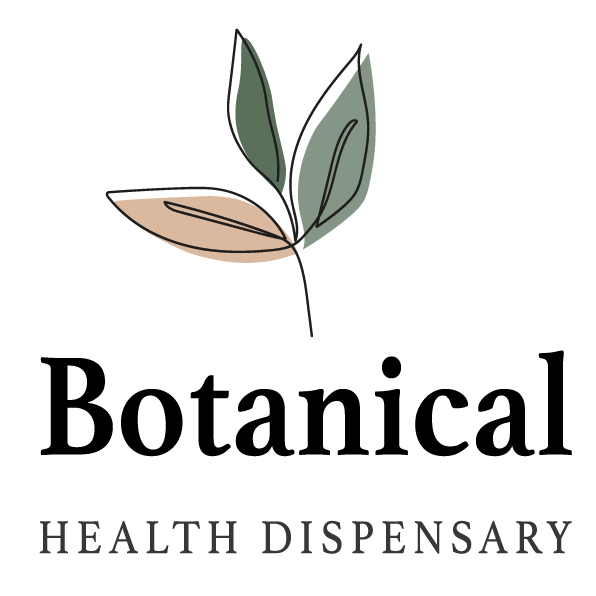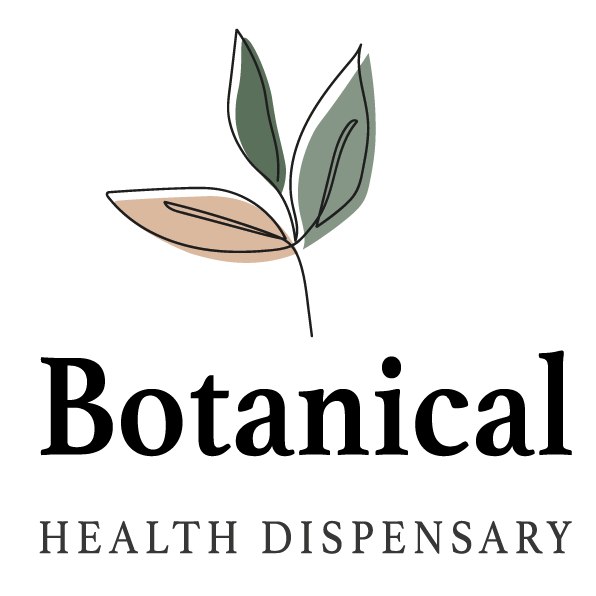Botanical Health Dispensary is an independent pharmacy based in Kenilworth. We provide a safe, supportive service for patients who need access to cannabis-based medicinal products. We work within UK Legislation and maintain strict adherence to GPhC regulations.
We are one of the first independent pharmacies in the UK leading in this innovative and rapidly evolving field of medicine.
What is Medicinal Cannabis
Medical cannabis originates from three different sub-species of wild cannabis: Sativa, Indica and Ruderalis and has been widely used as a medicine for thousands of years.
Cannabis contains over 140 phytocannabinoids, of which CBD and THC are the most researched and widely talked about, however studies have shown the numerous health benefits of minor cannabinoids. Treatments that include the whole plant – a combination of THC, CBD and minor cannabinoids – have a better effect than just the individual components. This is known as the entourage effect. Medical cannabis with different ratios of THC & CBD is prescribed for particular conditions and symptoms.
Other forms of cannabis derived medications are known as “isolates” these are individual compounds like CBD with the other pytocannabinoids removed. “Broad Spectrum” medications will have a combination of CBD and minor pytocannabinoids, but without the THC.
How does Medical Cannabis work?
All humans have what is known as an endocannabinoid system (ECS) discovered in the early 1990’s, we produce a number of receptors which can be found in every major organ in the body. The ECS is vital to homeostasis (balance) of all systems including our central nervous system.
This system has an effect on memory, control of movement, modulation of pain, development of nerve growth and plasticity, and the adaptability of the nervous system. It also has an influence on sleep, appetite, anxiety, and social behaviour, as well as on the bladder, the bowels, the reproductive system, the heart, the hormonal and metabolic systems, and the control of cancer.
There are natural chemicals circulating in the body that attach to cannabinoid receptors in the body, CB1 and CB2. Through this chemical attachment, the body’s endocannabinoid system performs its functions. Cannabis treatments supplement and assist the body’s natural circulation of cannabis-like chemicals.
Balanced THC:CBD strains
Increasing medical consensus is that a balanced ratio between THC and CBD delivers the best therapeutic benefits. Aside from addressing issues like insomnia, pain and muscle spasms, this ratio is being tested for effectiveness against conditions like skin disease, autism, fibromyalgia and certain types of cancer.
CBD dominant strains
High CBD strains can be used for many medical conditions including treatment-resistant epilepsy and anxiety, Crohn’s disease, multiple sclerosis, diabetes and colitis. Often, treatments will start with a CBD dominant strain, as many people wish to avoid the “high” that may come from a THC dominant strain.
THC dominant strain
THC can be a beneficial medicine for conditions including chronic pain and post-chemotherapy treatment, as it increases appetite and reduces nausea. It can also reduce inflammation and improve muscle control and coordination. The effects can include euphoria, positive mood and relaxation. It is still best to use THC along with CBD to counteract any anxiety, which sometimes results from THC dominant treatments. Sometimes other ratios can be used if, for example, patients are sensitive to THC then a strain with a higher CBD content can be prescribed. The high CBD content ensures the effect of THC can be counteracted, so patients can receive the benefits of both.
Taking Medicinal Cannabis Treatments
Each prescription differs from patient to patient depending on the patient’s specific condition and symptoms. Your clinician will work closely with you to ensure that you are prescribed a suitable dose of medical cannabis in the most effective way for you.
Areas of most common use
Pain Conditions
Inflammation
Arthritis
Fibromyalgia
Nerve Conditions
Muscle Cramps (spasticity)
Chronic Pain
Neurological Conditions
Epilepsy
ABI / TBI
Multiple Sclerosis
Parkinson’s Disease
Spasticity
Fatigue


